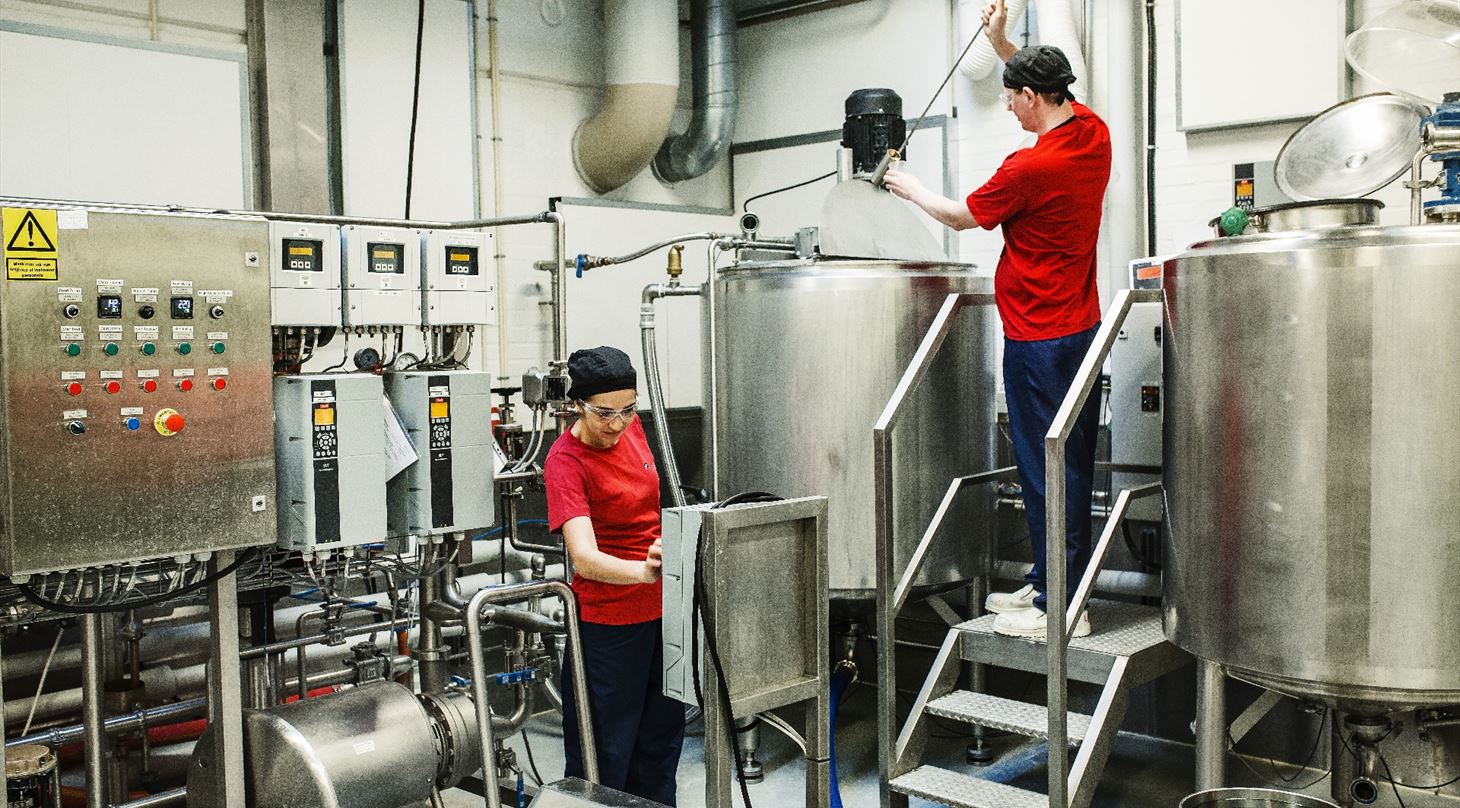The EU project BRILIAN aims to transform agricultural by-products into valuable raw materials that can enhance the economy and promote sustainability. The Danish Technological Institute is participating in the project, contributing with crucial bioprocessing technologies.
By Dorthe Sjøbeck Christiansen, GTS Association
The bio-based economy, where by-products from crop harvesting are utilized as new raw materials of higher value than their current uses, can provide an economic boost to rural areas. Rural areas constitute 80 percent of the land area in the EU and are home to 137 million inhabitants. Therefore, rural areas in the EU are considered indispensable in the development of new bio-based value chains and as part of the green transition.
From Waste to Resource
The new BRILIAN project aims to develop new business models for agricultural and food producers by using modern technology to convert by-products into biological raw materials. In Denmark, the project will focus on extracting protein from rapeseed cake, a by-product of rapeseed oil production, which is currently primarily used for animal feed. The Danish Technological Institute will use advanced bioprocessing technologies to transform the rapeseed cake into a protein product for use in foods and adhesives, thereby enhancing its value in the bioeconomy.
”The project is created to expand the business model for primary and food producers. We will investigate how modern technology can develop what are today by-products from agricultural and industrial production into new biological raw materials of higher value than today,” says Section Leader Angelica Tamayo Tenorio from the Danish Technological Institute.
The Danish Technological Institute plays a key role in the Danish effort for the project by using bioprocessing technologies to fractionate the rapeseed cake. This will take place in the Institute’s food-approved pilot plant, where new products will be developed that can increase the value of rapeseed in Denmark’s bioeconomy.
BRILIAN is a four-year Horizon Europe project with a budget of over six million euros, co-financed by Circular Bio-Based Europe (CBE). The project includes 13 institutes and companies from six different countries, including Denmark.
Photo: Danish Technological Institute

